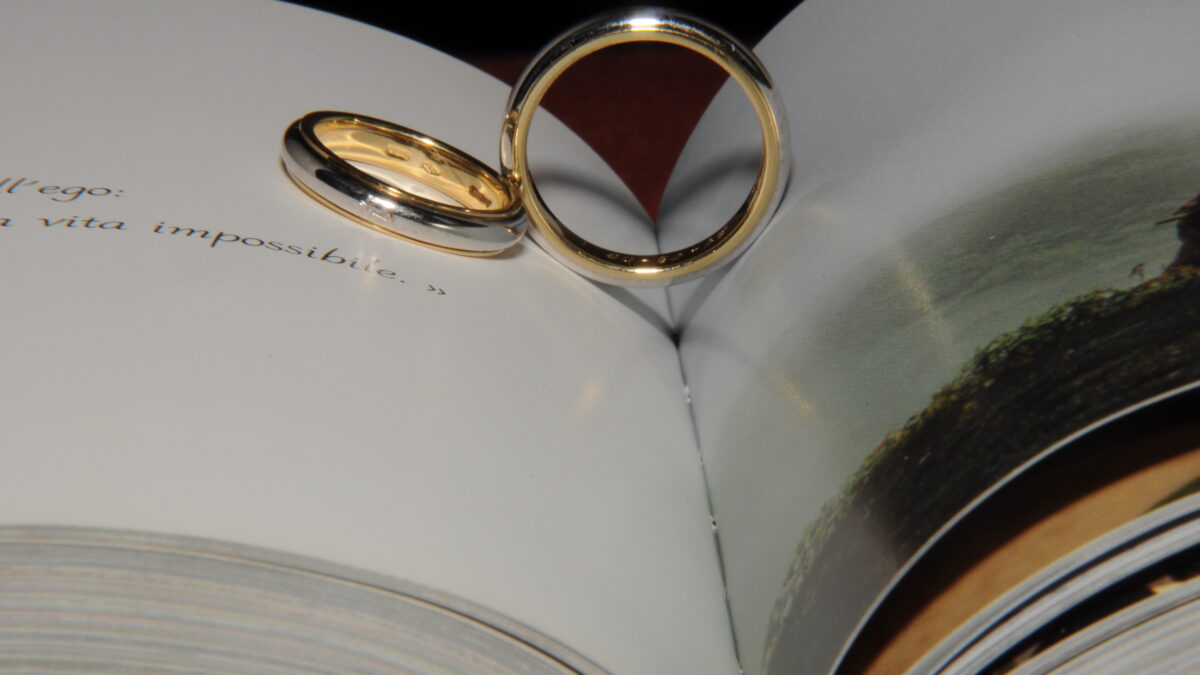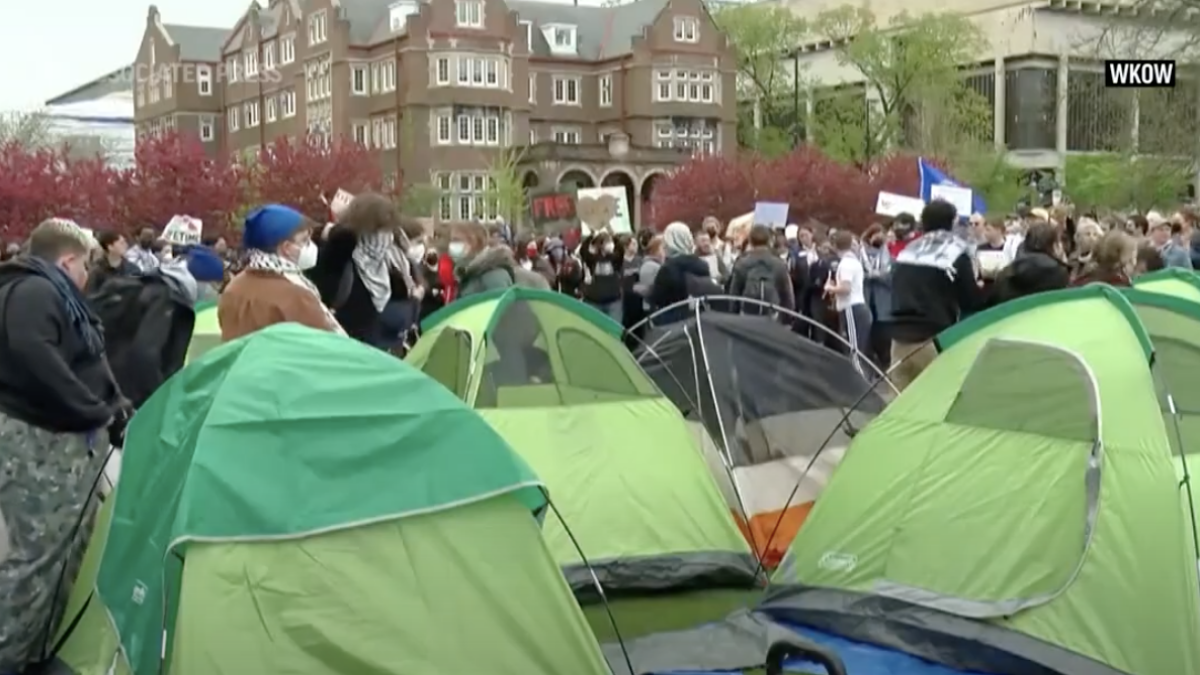At this point, it’s already well-known that marriage rates are declining around the world. However, the developed world may be reaching a point where marriage is effectively extinct.
As English Bishop Mark Davies told his congregation in a sermon late last week, “most recent statistics show a 61% decrease of marriages in our land, the lowest number of couples entering marriage for almost two centuries.”
“Headlines do not seem to exaggerate when they speak not merely of a cataclysmic decline but of marriage disappearing in Britain,” he added.
Marriage was once the norm that grounded society by providing not just a stable environment for raising children, but also an important domestic model for adults. Having a job and a place to live was not enough — people wanted to find their soulmate and start a family with them.
What is the goal for adults now?
As it stands, there doesn’t seem to be any goal, at least on the domestic front. Relationships are secondary to other concerns, more often serving the demands of utility and sexual appetite rather than submitting to a higher calling of meaning and purpose. In practice, this means that people cohabitate in ever greater numbers, and could even switch out partners as seen fit. Unlike marriage, which binds two souls together in a mutually sacrificial union, couples who cohabitate are generally in it for themselves (to split living costs, mitigate loneliness, take care of any “fur babies,” etc.).
The best way to restore a marriage culture is to restore its pride of place and make it desirable again. But to accomplish this, it’s necessary to consider what factors de-pedestaled the institution in the first place.
Most experts on this topic usually point to the same things to explain the decline: economics, female education levels, and religious practice.
In today’s economy, many young adults are in debt, can hardly support themselves, and will put off marriage indefinitely until they feel ready. Tied to this is the rising level of professional achievement in women who no longer see a need to marry a breadwinner. And finally, as people become less religious and less exposed to the idea of marriage as a vocation, they tend to dismiss married life altogether.
As logical as these conclusions appear, they are more excuses than explanations. For the past century, the U.S. economy has fluctuated, but the marriage rate has continued to decrease. Moreover, marriage rates in many poorer countries are far higher than in the U.S. or Western Europe. As for the rise of women in college and the workplace, this doesn’t necessarily eliminate the common desire for marriage (in fact, data seems to suggest the opposite). And it’s difficult to tell whether the decline in marriage is caused by the decline in religious practice or merely correlated with it.
There are three better — albeit more controversial — reasons that explain the falling marriage rates: technology addiction, the redefining of the institution, and the absence of grace in modern marital relationships.
For all the supposed benefits of online dating apps and easy communication through texting and social media, digital technology has become a drag on relationships as a whole.
Studies and common experience show that today’s technology makes users less sociable, less interested in socializing, and detached from reality. Why go through the pain of learning how to court a person, look attractive, and pursue married life when one can satisfy libido through online pornography or cure loneliness with an AI girlfriend?
Of course, this kind of thinking doesn’t occur in a vacuum. It coincides with the endeavor over the past decade to redefine marriage. In the past, marrying someone involved the ceremonial uniting of two families, public vows of unconditional commitment, and the communal expectation that a couple would be fruitful and stay together. A husband and wife didn’t just marry for frivolous reasons; they married because they wanted to give up their very selves to one another and become something new. They became one flesh, and that’s how everyone around them would identify them.
Today, it’s a frilly formality meant to serve vanity and validate “love.”
If the only reason for marriage is to have the government’s blessing, there’s little reason to bother with it in the first place. Couples can just be together regardless, without having to worry about the paperwork and wedding planning. As a result, homosexuals and heterosexuals alike have come to see marriage as a fancy party where they can feel good about their relationship. There are no responsibilities and defined roles that make it mean anything.
As a consequence of these first two factors, marriage has lost its power. This is as much a practical phenomenon as it is a spiritual one.
On a spiritual level, the blessings and graces of marriage cannot be ignored. As many married couples would attest, the bond of marriage is truly supernatural. It’s what leads them to love each other more and more each day despite daily stresses. It’s what empowers them to work hard and regularly sacrifice for one another and their children. Even when it makes no rational or practical sense to stay together, falling out of love and separating is an impossibility on the spiritual level.
In an increasingly digitized, relativized, and materialized world, it makes sense that marriage has become the exception rather than the rule. It also follows that if parents, churches, and nations hope to inspire young adults to marry again, they should encourage people to unplug from their devices, recover a traditional view of marriage, and believe in its sacred nature.
We can no longer take this institution for granted. If marriage goes extinct, we can say goodbye to the civilized world as we know it and hello to a loveless, unsustainable dystopia.









